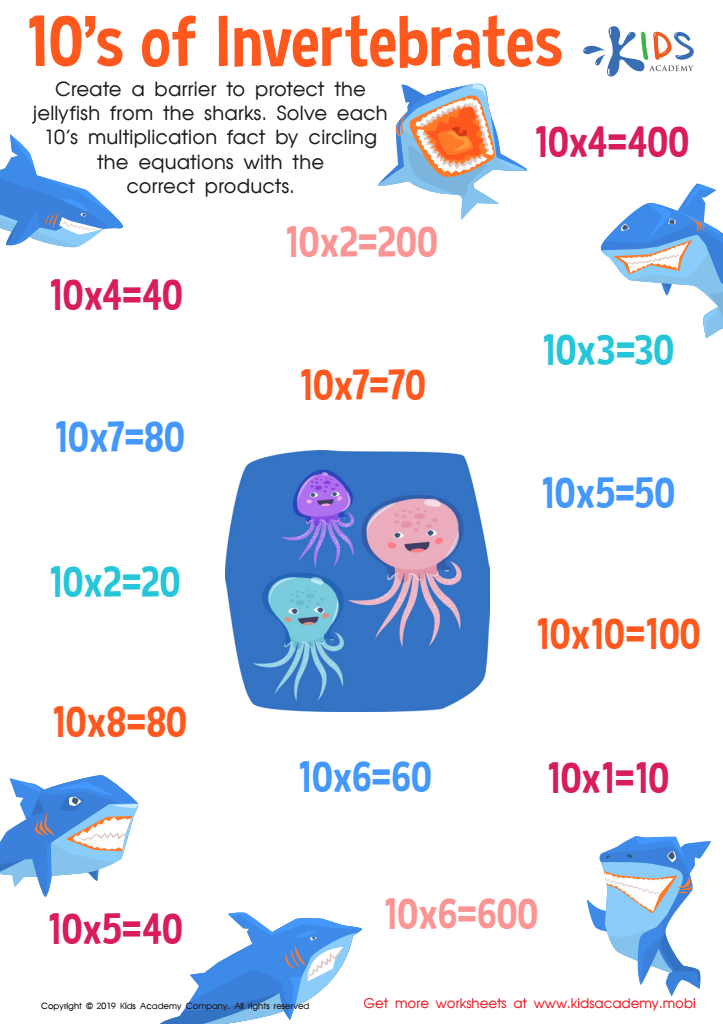Sorting and categorizing skills Worksheets for Kids
1 filtered results
-
From - To


1s Invertebrates Worksheet
Question/Answer
How to test a Grade 3 student’s Sorting and categorizing skills?
To test a Grade 3 student's sorting and categorizing skills, provide a mixed set of items, words, or pictures. Ask the student to group them based on specific criteria like shape, color, type, or theme. Evaluate their ability to recognize similarities and differences, and to explain the rationale behind their grouping, ensuring they understand the concept of categorization.
Why is the Sorting and categorizing skill important for Grade 3 students?
Sorting and categorizing skills are crucial for Grade 3 students because they lay the foundation for critical thinking and problem-solving. By learning to organize information based on similarities and differences, students enhance their ability to understand complex concepts, improve their mathematical thinking, and develop logical reasoning skills, which are essential for academic success and everyday decision-making.
How does the mastery of the Sorting and categorizing skill affect a student's performance at an early age?
The mastery of sorting and categorizing skills at an early age significantly enhances a student's performance by improving critical thinking, problem-solving abilities, and mathematical understanding. It aids in organizing information, recognizing patterns, and making connections, which are foundational skills for academic success. This proficiency also fosters early literacy and numerical concepts, setting a solid groundwork for future learning.
 Assign to My Students
Assign to My Students



















